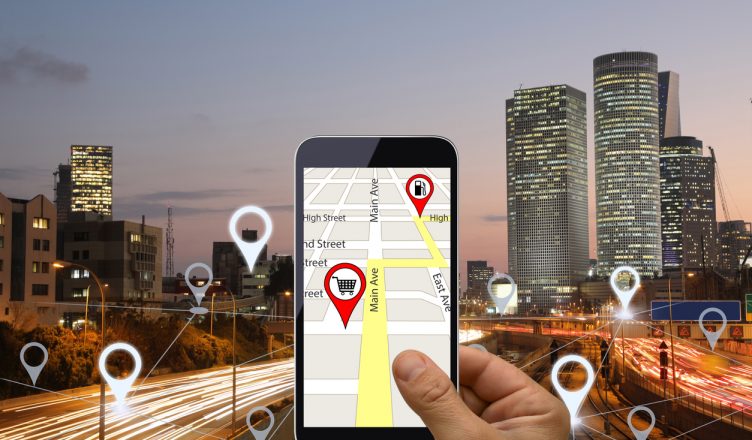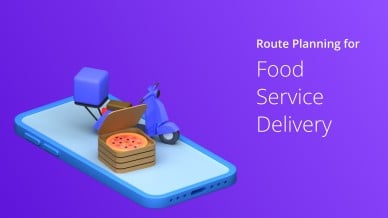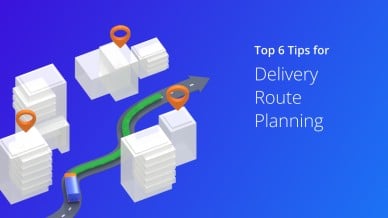The rising consumer demands for same-day or even same-hour deliveries have made GPS route planning critical for any field service business. The current Coronavirus pandemic has only made it more important. And if you’re still not serious about route planning, then you put yourself at risk of losing out to your competitors. Can you afford that?
To help you get started, we explain GPS route planning, its importance, and the most common terms related to it. Read on.
Want To See For Yourself How Route4Me Can Boost Your Profits?

What Is GPS Route Planning?
GPS route planning is the process of finding the most efficient route for traveling from a starting point to a single destination or multiple destinations.
However, planning routes for multiple stops isn’t easy, and using pen and paper or adopting a free route planner cannot guarantee either accuracy or efficiency, although some free route planners are better than others. So, many field service businesses started adopting advanced GPS route planners that provide optimized routes for multiple locations, with turn-by-turn directions. Such route planners even factor in constraints, such as weather, traffic, and one-ways, without putting in much effort. The best route planners such as Route4Me route planner, can, in fact, plan the shortest routes in just 30 seconds and put GPS route planning on auto-pilot.
Why Is Route Planning Important in 2020?
Efficient route planning helps your field reps show up on time, reduce fuel expenses, increase driver satisfaction, and improve customer experience. Learn more about route planning’s importance in our article Why Is Route Planning Important?
Below are some common terms related to GPS route planning which you must be familiar with as well.
What Is GPS Tracking?
GPS tracking is the remote monitoring of the location of a vehicle, using Global Positioning System (GPS) signals. Learn more about it in our article What Is GPS Tracking?
How Does GPS Tracking Work?
A GPS tracking system uses the Global Navigation Satellite System (GNSS) network, which incorporates a range of satellites using microwave signals, to transmit data to a GPS device. This data includes the device’s location, speed, time, and direction in real-time. Learn more about it in How Does GPS Tracking Work?
What Are the Different GPS Tracker Types?
The different GPS tracker types are cellular- and satellite-based trackers, asset trackers, and personal trackers. Take a quick look at the different types of GPS tracking.
Why Is GPS Tracking for Construction Equipment Important?
GPS tracking protects your construction equipment from being stolen, reduces fuel expenses, ensures your workers’ safety, and lowers your insurance premiums. Learn the Five Compelling Reasons Not to Ignore GPS Tracking for Construction Equipment.
Want To See For Yourself How Route4Me Can Boost Your Profits?

What is GPS Routing?
GPS Routing is when the GPS location of a mobile device and/or vehicle is incorporated into the route planning and/or route optimization process.
The precise geolocation, typically retrieved by a routing app from a device’s built-in GPS coordinates, is transmitted into a route optimization algorithm, so that the entire routing workflow and lifecycle is as accurate as possible.






